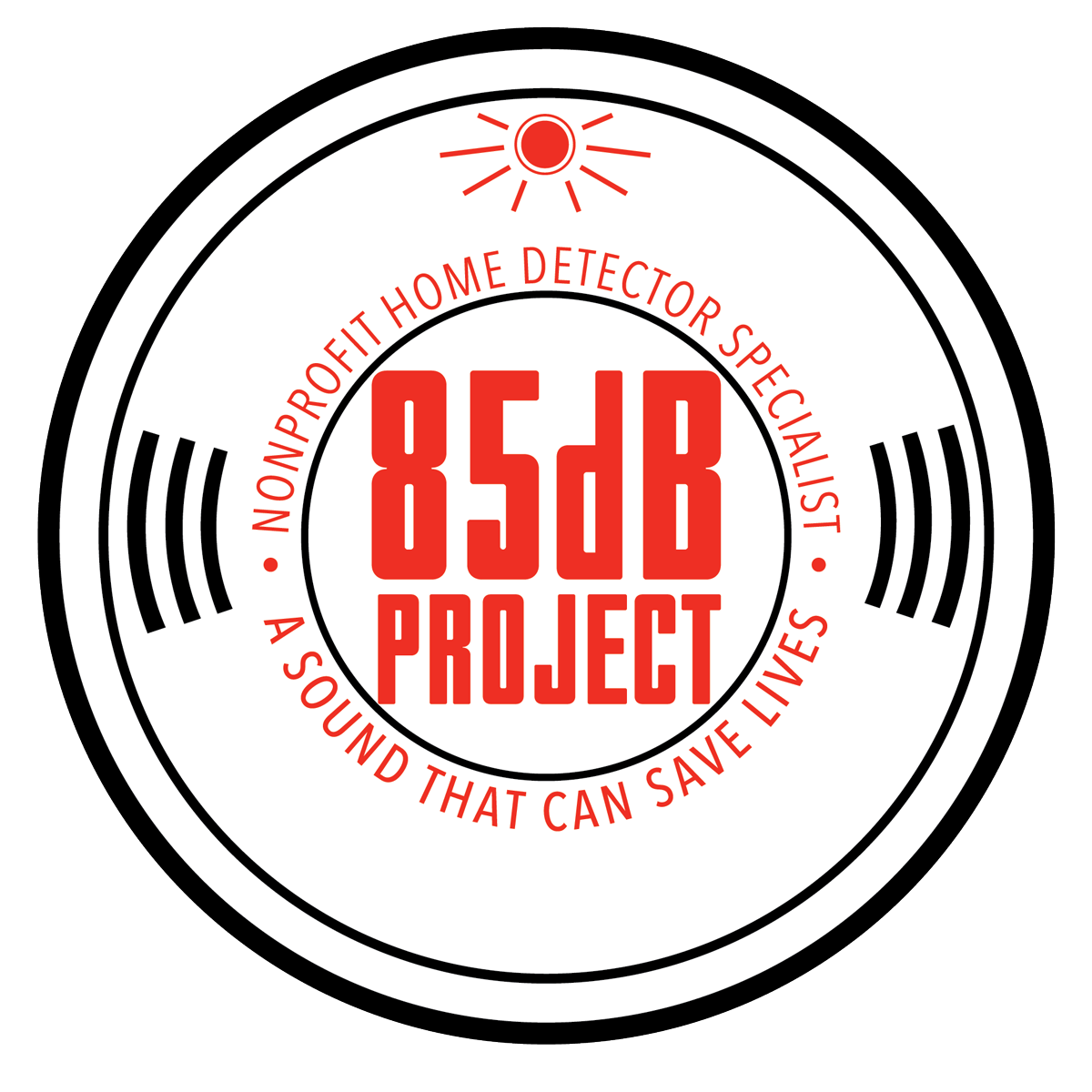Gas leaks in homes can pose a serious threat to the safety of occupants and the property. The most common types of gases found in homes include natural gas and propane, both of which are highly flammable and can lead to devastating fires if not addressed promptly. Recognizing the signs of a gas leak and knowing how to handle it safely is crucial for every homeowner. This article will guide you through the identification of gas leaks and provide essential tips on how to handle them to prevent potential fires.
Signs of a Gas Leak:
- Distinctive Odor: Many gas companies add a distinctive odor, often described as a “rotten egg” smell, to natural gas or propane to help people detect leaks. If you notice this smell, it is important not to ignore it.
- Hissing Sounds: A gas leak might produce a hissing sound near the gas source. If you hear any unusual noises, especially near gas appliances or pipelines, investigate immediately.
- Dead or Discolored Vegetation: Gas leaks can affect plants and grass in the vicinity. If you observe dead or discolored vegetation around gas lines or near appliances, it could be a sign of a leak.
- Physical Symptoms: Exposure to natural gas or propane can cause physical symptoms such as dizziness, nausea, headaches, and difficulty breathing. If you or your family members experience these symptoms suddenly, evacuate the premises immediately.
Immediate Actions to Take:
- Evacuate the Area: If you suspect a gas leak, evacuate the premises immediately. Do not use electronic devices, light switches, or any other potential ignition sources as you leave.
- Avoid Flames and Sparks: Do not light matches, use lighters, or create any sparks in the vicinity of the suspected gas leak, as this could trigger a fire or explosion.
- Ventilate the Area: Open windows and doors to allow fresh air to enter and ventilate the space. This helps disperse the gas and reduce the risk of ignition.
- Turn Off Gas Supply: If it is safe to do so, turn off the gas supply at the main valve. This is usually located outside the house. If you are unsure, contact your gas company for guidance.
- Call Emergency Services: Dial emergency services (911 in the United States) to report the gas leak. Follow their instructions and provide information about the suspected leak, your location, and any potential hazards.
Preventive Measures:
- Regular Inspections: Schedule regular inspections of gas appliances, pipelines, and connections by qualified professionals. This helps identify and address potential issues before they escalate.
- Install Gas Detectors: Consider installing gas detectors in key areas of your home, especially near gas appliances. These devices can alert you to the presence of gas before it reaches dangerous levels.
- Educate Family Members: Ensure that all family members are educated on the signs of a gas leak and know what actions to take in case of an emergency. Practice evacuation drills regularly.
- Professional Maintenance: Hire licensed professionals for the installation and maintenance of gas appliances. Improper installation or faulty equipment can increase the risk of gas leaks.
Conclusion:
Gas leaks in homes are serious emergencies that require immediate attention. Recognizing the signs, taking swift and appropriate actions, and implementing preventive measures are crucial steps in safeguarding your home and loved ones from the potential dangers associated with gas leaks. By being vigilant and proactive, you can create a safer living environment and reduce the risk of fires caused by gas leaks.


